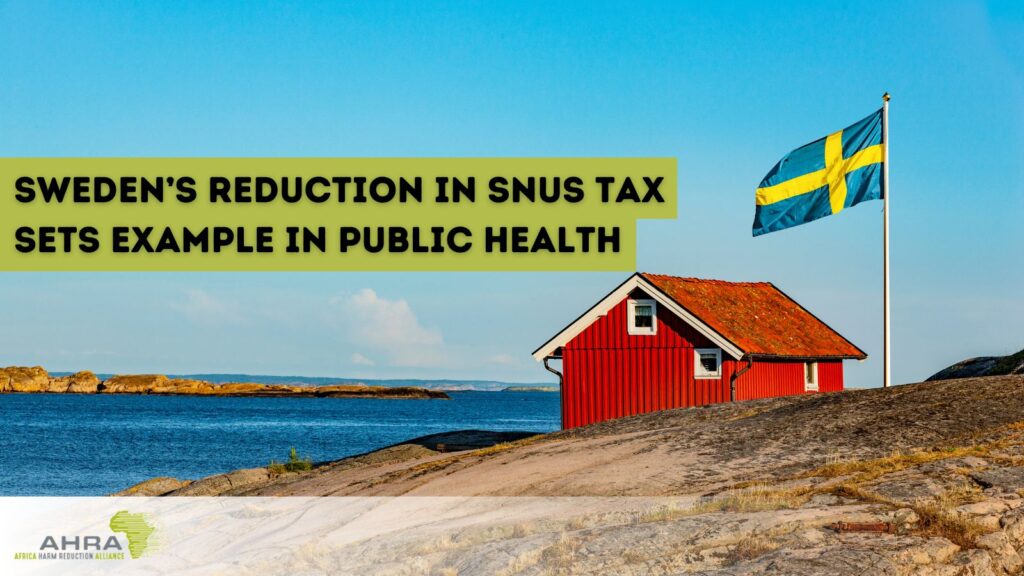As 2023 draws to a close, many Africans will make New Year’s resolutions for a healthier 2024. Quitting tobacco is one of the most popular resolutions for the new year, but an overwhelming majority of Africa’s 77 million smokers will still be smoking by year’s end without the aid of less harmful smoke-free alternatives.
Quitting smoking is one of the most difficult resolutions to keep by some margin, and whilst quitting ‘cold turkey’ may seem like the quickest and easiest option, research suggests that for most smokers, it’s unlikely to be effective in the long term. Relying on willpower alone to remain smoke-free is not likely to be successful. Statistics have shown that most people have trouble keeping their New Year resolutions beyond a few weeks, Africa included.

With smoking-attributable deaths having been projected to double in low and middle-income countries, including in Africa, by 2030, creating healthier environments that are conducive to quitting smoking is paramount. It’s quite alarming that about 780 million people say they want to quit for good, but only 30% of them have access to the tools that can assist them in doing so.
Quitting smoking in 2024 will be easier than ever before with cessation support, harm reduction and willpower. Unfortunately, very few countries in Africa have programs to support smokers who wish to quit. The World Health Organization’s most underutilised strategy is that of offering help to quit smoking, and despite nicotine replacement therapy (NRT) being on the W.H.O. essential drug list, most smokers on the continent cannot afford these products.
Creating a planned approach that includes locally driven and relevant interventions can be instituted. Policymakers in Africa need to emulate successful strategies implemented by countries such as Sweden which have led them to have a smoking prevalence of 5.6%. Sweden has demonstrated that for inveterate smokers unable or unwilling to quit, switching to less harmful alternative nicotine products can be life-saving.
Tobacco harm reduction can be a pragmatic approach that can complement W.H.O.’s tobacco control measures already implemented in most African countries.
For smokers who are unable to quit this coming year, the risk of disease and death from smoking can be reduced by switching completely to remarkably less harmful nicotine products such as electronic nicotine delivery systems (ENDS) and nicotine pouches.
With cessation support, harm reduction and a smoke-free vision, Africa can look to Sweden’s remarkable success to inspire a smoke-free change in 2024.










